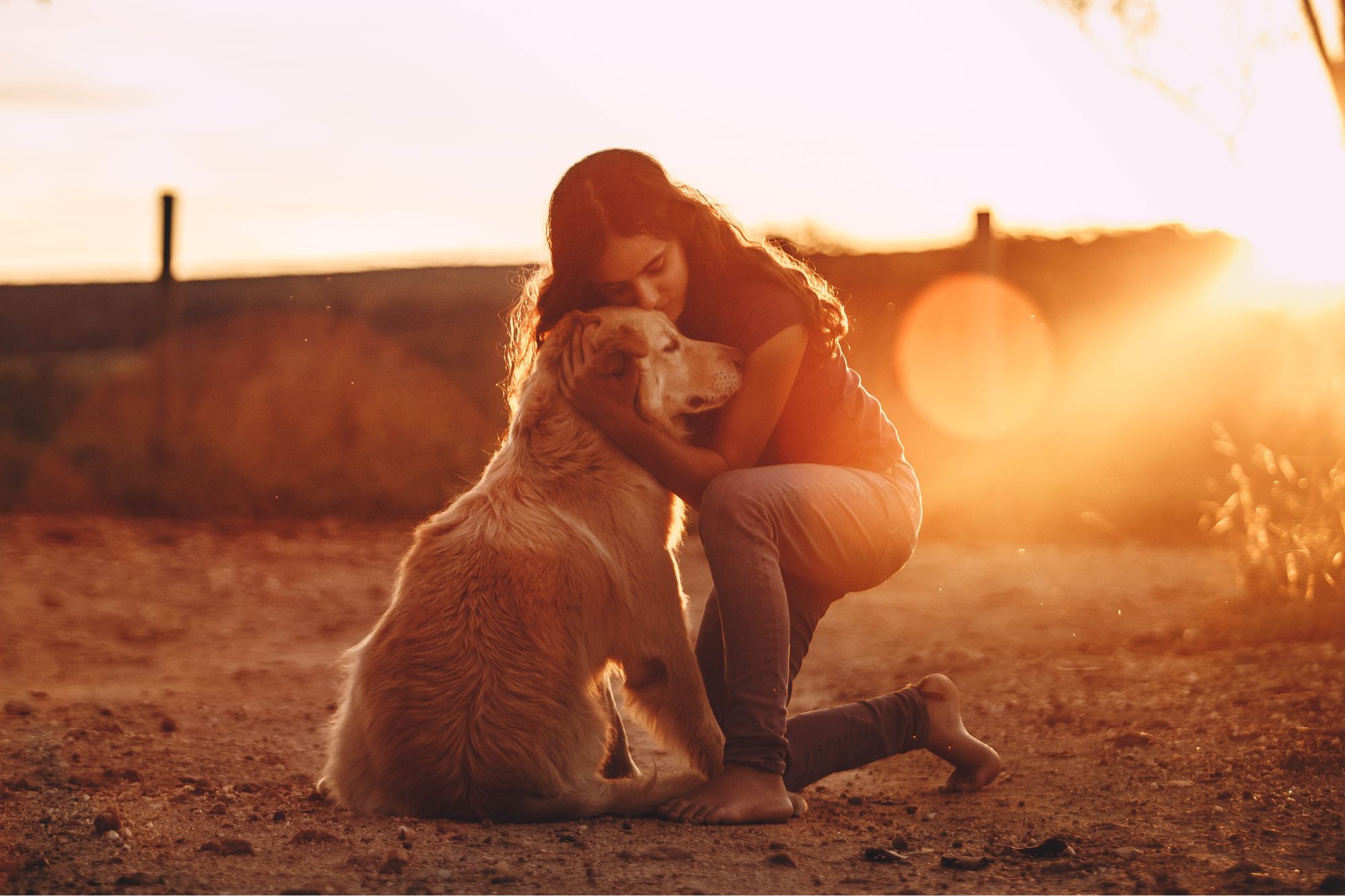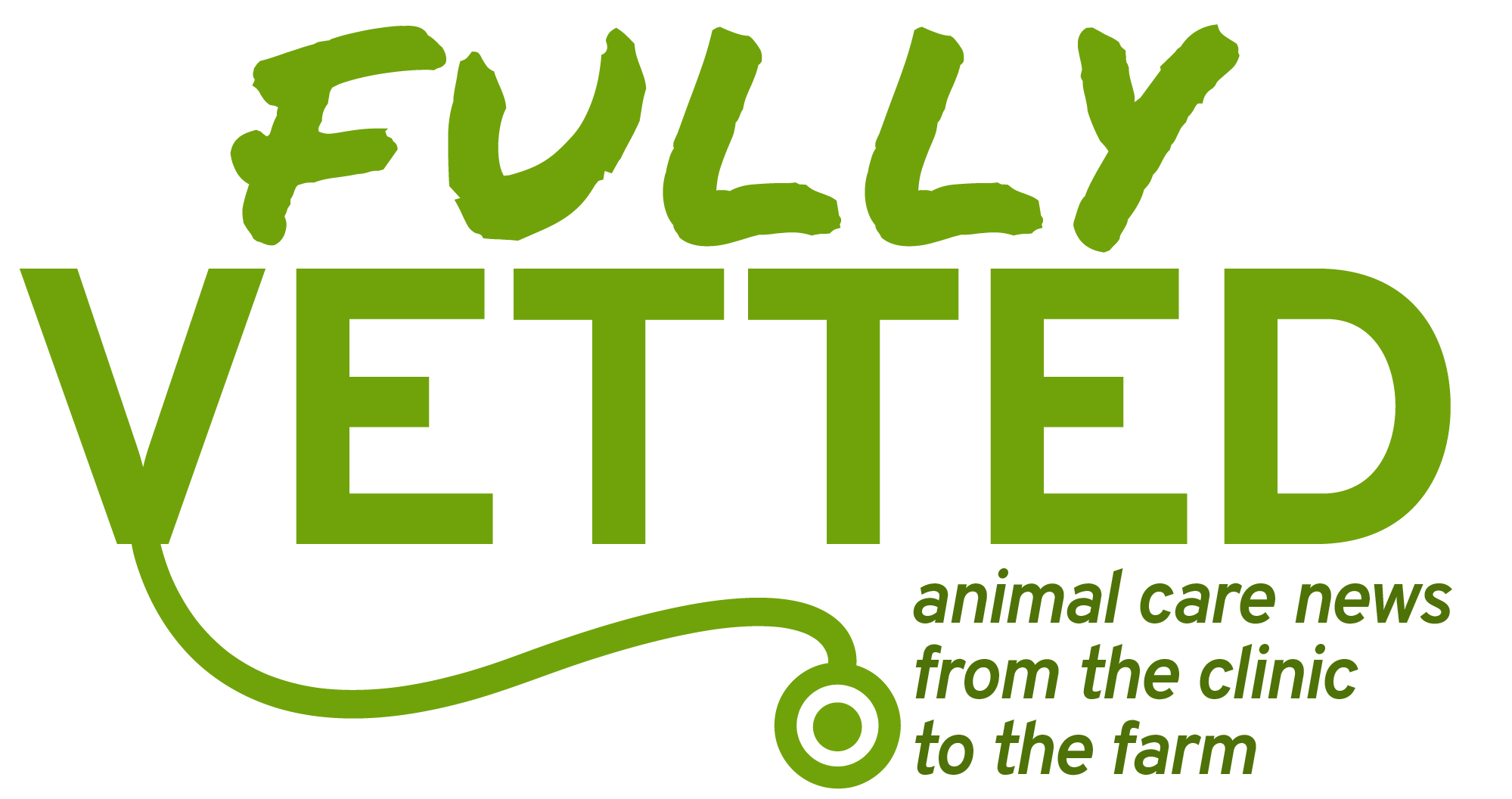
Episode 96
Making a Difference for Vulnerable Animals & Their Families
with Jeffrey Holland & Kate Atema
MVC 2024 Preview Series See All Episodes »
On today’s show, we’re joined by Jeffrey Holland and Kate Nattrass Atema, who are speaking in the Shelter Animal track of programming at the 2024 Midwest Veterinary Conference. Jeffrey is an attorney specializing in animal welfare law and has prosecuted hundreds of animal welfare cases and represents humane organizations all over Ohio. Kate is the director of community grants & initiatives for Petsmart Charities, where she works on programs aimed at keeping vulnerable families and pets together. They’re sharing a sneak peek into their MVC programming—and giving listeners insight into what led them to become die-hard animal welfare advocates.
Episode Guests

Jeffrey Holland
B.A., J.D.
Jeff prosecutes animal cruelty cases all over the state and has represented humane societies in more than 50 of Ohio’s 88 counties. | Learn More »

Kate Atema
As Director of Community Grants for PetSmart Charities, Kate oversees the development of grant programs that keep vulnerable families and pets together. | Learn More »
Featuring 325+ hours of live and on-demand CE in 25 tracks, 100+ expert speakers, and nearly 200 exhibitors, the 2024 Midwest Veterinary Conference is packed full of opportunities to learn and engage. Registration is now open!
Transcript
Mia Cunningham: Thank you for joining us. My name is Mia Cunningham. I’m pleased to be joined by attorney Jeff Holland. Attorney Holland is slated to speak at the 2024 Midwest Veterinary Conference, and he’s going to give a sneak peek into his sessions.
Jeff Holland: Yes. Thank you very much.
MC: Absolutely. But before we do, would you mind sharing with our listeners your background and how you started in animal law?
JH: Yeah. My name is Jeff Holland and my office is here in northeast Ohio. I started in 1991 doing animal law, and it’s almost all we do now. I think that we’re the only law firm in Ohio that focuses primarily on animal cruelty, animal welfare, doing veterinary issues, anything that relates to animal law.
MC: Did you just did you fall into that or was there a particular personal interest for you?
JH: Well, I’ll tell you what it is. I met a girl in law school. First day of law school, and we were going around the table talking about why are you in law school? And, you know, one person wanted to get a lot of money and one person wanted to get into politics and it was getting depressing. And we came to this girl and she said, I want to do animal welfare law and I want to make a difference in the world. And I just thought, that is so terrific. And it has been 35 years and we have four children and we started this law firm and that’s what we do. It was all about a girl.
MC: Well, we’re so excited to have you at the conference. And if you wouldn’t mind sharing just a little bit about your sessions and what attendees can expect to learn.
JH: Yeah. So, we’ve got three different sessions that I’m planning on presenting at this time. And the first one is, when does animal ownership change, and when do people have the right to say what happens with an animal? See, you as veterinarians and also people who are involved in humane societies and dog wardens and kennel managers and all kinds of people in the animal field, and somebody who brings in an animal and and the question is, can they surrender it? Can they give permission for a certain kind of medical treatment to be given? Can they pick up the animal? What if one of them is taken to the hospital? What if somebody is arrested? What if somebody becomes incompetent? What if they can show you that they have a dog license? A dog license is not necessarily ownership. So there are all kinds of issues there about who is the owner. What can you allow somebody to do and so forth, and when does that change? We’re also talking about animal liens. So a veterinarian or a kennel manager, if they’re not getting paid, they have statutory rights to hang on to the animal and maybe even possess an own and sell the animal or put the animal down in some circumstances. So a lot of issues having to do with animal ownership.
The second issue is going to be livestock animal cruelty investigations. I have prosecuted literally thousands of animal cruelty cases over my 30 years, 32 years in this field. We’ve prosecuted for more than half of the county humane societies in the state of Ohio. And so livestock animal cruelty presents some interesting differences because, you know, we all have dogs and cats. A lot of them, they live in the home. But, you know, livestock, the animals that are being raised for food and fiber, it’s obviously an industry. There’s a moneymaking aspect to it. There’s actually a constitutional amendment in the state of Ohio, which provides for specific livestock standards. How does that relate to when you’re there’s animal cruelty, and when this is a something that might be justifiable or necessary because it’s part of an agricultural process?
And finally, we have cases coming up all the time on animal cruelty law that are brand new. Some of them haven’t happened yet because we are going to be doing this in February. We’re going to be keeping up with the latest topics, latest case law, latest changes in law up until the date of our presentation in February on animal cruelty topics. So those are that my presentations for this February.
MC: Well, you touched on this a little bit when you talked about you doing your first presentation in terms of who your target audience would be, but it sounds like that would apply to all of your sessions. So but I guess I don’t assume, given the dynamic demographics in that conference, it would be best suited to attend your sessions?
JH: Yeah, I think that that veteran on the livestock animal cruelty investigation, I think that we want people there who are veterinarians, vet techs who will be examining these animals. We’re going to be talking to those people about what do we need? What kind of a report do you need to write?
I think that your training tells you generally that what you’re trying to do is to take an animal that is unhealthy and make it healthy. But in an animal cruelty case, you’re taking an animal that’s unhealthy. And from my point of view, I want to know, how long has it been in this condition? How long would it take? How long might it have been for a reasonable person to see that there was a problem here that is untreated? So it’s a little bit of a different thinking. And you also need specific language in your documents so that they are going to be acceptable and they’re going to they’re going to be good and powerful for the case. Remember that veterinarians who write good reports, the better the report, the stronger the report, the less likely you’re going to have to fool around with trial, because the other side is going to see, This is powerful. We’d better make a deal.
The other people that are important for legal issues on livestock and cruelty investigations are humane officers, police officers, dog wardens — people who might get involved in these investigations.
MC: And so they’ll have a nice little toolkit when they leave your sessions?
JH: I don’t know. I hope! I like to be interactive. So anybody who joins the session, the more that it’s a conversation, I think the more valuable it will be for you.
MC: Now, in case anyone would like to get in touch with you after the conference, would you mind sharing your contact information?
JH: I’d be happy to do that. My email address is [email protected] and my phone number is 330-239-4480.
MC: And we’ll be sure to include those in the show notes. Thank you so much for joining me today.
JH: Thank you.
